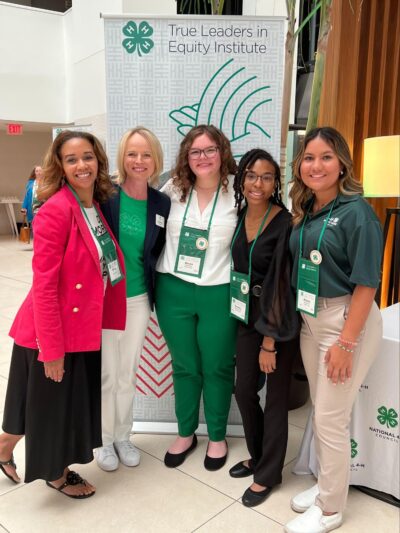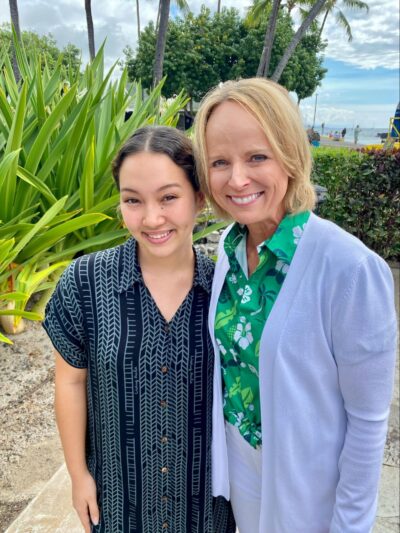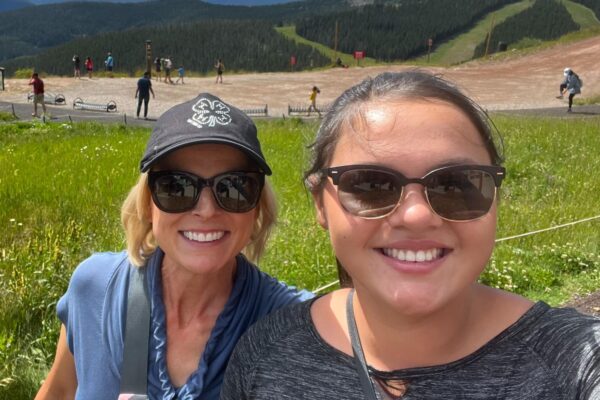LV: As a Youth Development Extension Agent, I play a crucial role in helping our youth feel like they belong, not just in our program but in their community. I know first-hand the difference creating a sense of belonging can make in a child’s life. When you belong, you feel safe. Today, amid national conversations about equity and inclusion, more than ever, youth need to know they are cared about by others and feel a sense of connection. Participating in experiences like 4‑H creates fellowship, gives the opportunity to feel physically and emotionally safe, and helps youth thrive. LF: Culture is who we are and affects all aspects of our lives, from the food we eat to the kind of programs we would like to join. Latinos like me need to see our culture reflected in programs like 4‑H. From examples of programming that foster and appreciate our cultural values to welcoming communities that embrace our culture with respect and appreciation. LVega: In all bodies of youth development research, research indicates the need to express care and foster a sense of belonging. For Latinx families, this includes welcoming their whole identities, including their culture, cultural values and customs, and racial and ethnic identities. For youth of color, developing and fostering a positive racial/ethnic identity is critical. The more we can help Latinx youth feel valued, respected, and welcomed, the more we ensure they have a positive sense of self, thus leading to positive youth development.
LV: As a Youth Development Extension Agent, I play a crucial role in helping our youth feel like they belong, not just in our program but in their community. I know first-hand the difference creating a sense of belonging can make in a child’s life. When you belong, you feel safe. Today, amid national conversations about equity and inclusion, more than ever, youth need to know they are cared about by others and feel a sense of connection. Participating in experiences like 4‑H creates fellowship, gives the opportunity to feel physically and emotionally safe, and helps youth thrive. LF: Culture is who we are and affects all aspects of our lives, from the food we eat to the kind of programs we would like to join. Latinos like me need to see our culture reflected in programs like 4‑H. From examples of programming that foster and appreciate our cultural values to welcoming communities that embrace our culture with respect and appreciation. LVega: In all bodies of youth development research, research indicates the need to express care and foster a sense of belonging. For Latinx families, this includes welcoming their whole identities, including their culture, cultural values and customs, and racial and ethnic identities. For youth of color, developing and fostering a positive racial/ethnic identity is critical. The more we can help Latinx youth feel valued, respected, and welcomed, the more we ensure they have a positive sense of self, thus leading to positive youth development.























